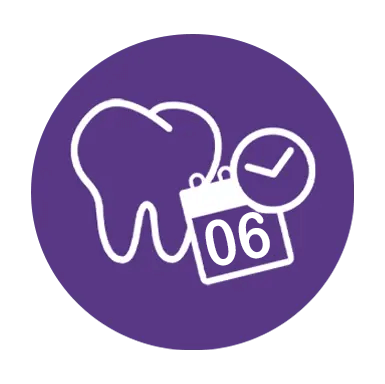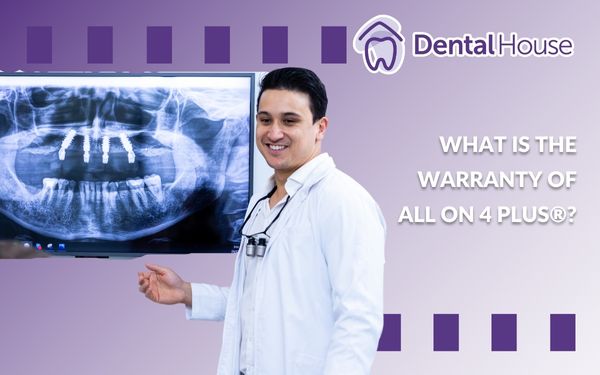Sleep Dentistry
Sleep Dentistry at Gisborne, Macedon & Riddells Creek
Sleep Dentistry Services
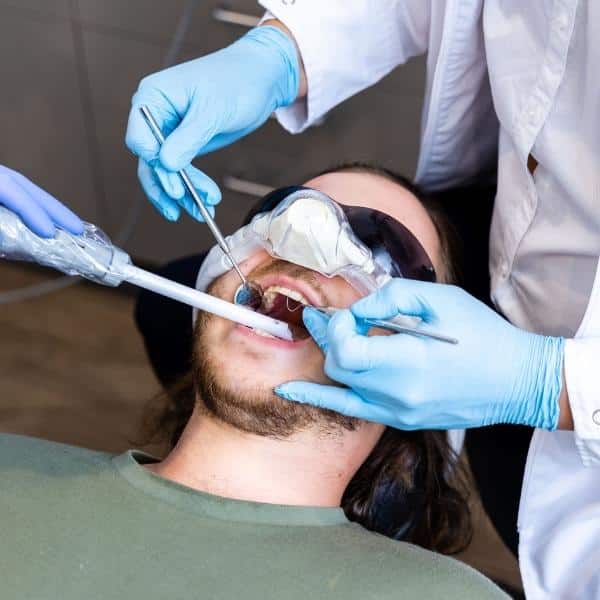
Sleep Dentistry Services
Sleep dentistry refers to treatments that help patients relax. Medication is administered before or during your treatment, and the amount used is customized for you. Today’s medications are safe and we use only the amount required to provide you with a comfortable and positive dental experience.

Sleep Dentistry or Sedation Dentistry?

Sedation Dentistry is used to sedate or relax the patient with medications that will cause a deep drowsiness. While not quite asleep, sedated patients rarely remember the treatment, which adds to the anxiety reducing benefits.

Sedation Dentistry vs Sleep Dentistry

Sedation Dentistry is used to sedate or relax the patient with medications that will cause a deep drowsiness. While not quite asleep, sedated patients rarely remember the treatment, which adds to the anxiety reducing benefits.

The Many Methods of Sleep Dentistry
There are a variety of medications used for sleep dentistry, and the one chosen for you will depend upon a number of factors including your health status and planned procedure. The following are the types of sleep dentistry we use at The Dental House at Gisborne, Macedon & Riddells Creek:
Nitrous Oxide
Oral Medications
IV Sedation and General Anesthesia
The Delivery of Medication
Our Happy Patient
The Benefits of Sleep Dentistry
The benefits of sleep dentistry are the suppression of pain and overall ability to relax during a dental treatment. It is particularly useful for patients with extreme anxiety and phobia, and will allow them to remain calm and quiet as the dentist works, which can help the treatment move along quicker. In many cases, extensive or multiple dental treatments may be done in just one visit, saving time for both patients and the dentist, and is also more cost-effective as the patient need not return for multiple visits. Sleep dentistry is most useful in the following situations:
Sleep Dentistry for Children
Because positive dental experiences should begin at a young age, there may be some situations that are beneficial for children to have sleep dentistry. While normally not necessary, if it is required, our dentists are skilled at customizing the right sedation levels for your child’s age and size.
Nitrous Oxide
Mild to Moderate Sedation
General Anaesthetic
Before and After
The type of sleep dentistry that is appropriate for you and your planned dental treatment will be discussed and chosen before your procedure. The following are some tips that might help:
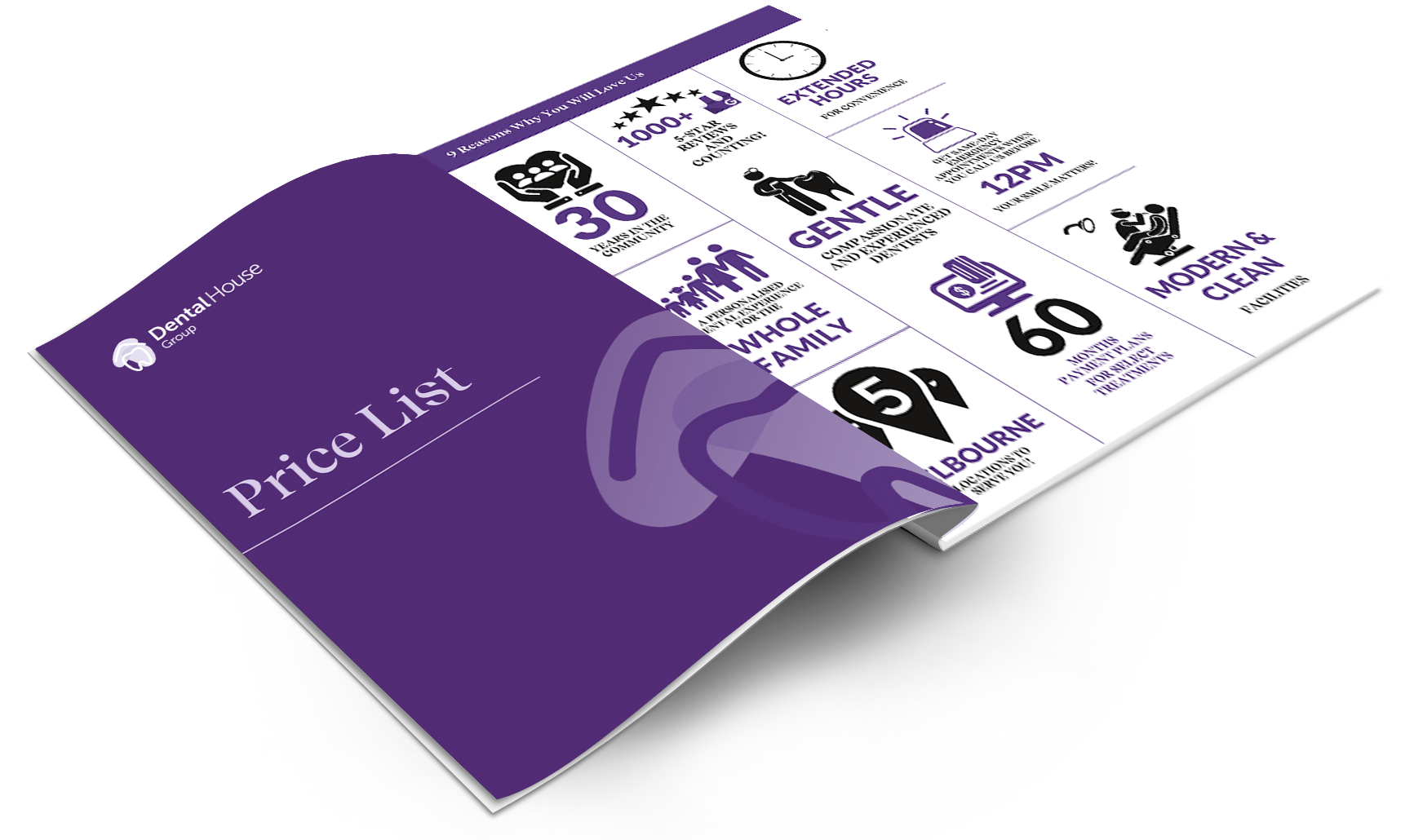
Download Price List
While we agree that you can’t put a price on good health (especially when it comes to your teeth), we understand the reality of family budgets. That’s why we offer flexible treatment options and family-affordable pricing. You might say the only thing average about Dental House is our prices.
Our Happy Patient
Sleep Dentistry Blogs
General Anaesthetic Dentistry Cost
Hi, I’m Dr Lyle, one of the principal dentists here at Dental House Group in Melbourne. Our new patient, Linda from Diggers Rest, will be r…
What Is the Warranty of All On 4 Plus®?
All On 4 Plus® dental implants, that are surgically placed into your jawbone, generally have a warranty of five years…
What Happens At My Child’s First Dental Check-Up
Yesterday, I was with one of our new patients, Amelia from Sunbury, for her check-up and clean. She has a young child, and she asked me…

Download our Price List and Call Today
We know that budgets are important for families, so we offer affordable pricing with flexible treatment options. Call today and schedule your visit and let’s begin your path to excellent oral health.
Disclaimer: The material posted is for informational purposes only and is not intended to substitute for professional medical advice, diagnosis or treatment. Results vary with each patient. Any dental procedure carries risks and benefits. If you have any specific questions about any dental and/or medical matter, you should consult your dentist, physician or other professional healthcare providers.
Your Dental House Journey

Your Dental House Journey

Examination and Treatment Planning

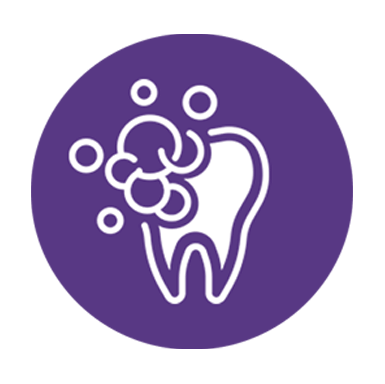
Hygiene Department

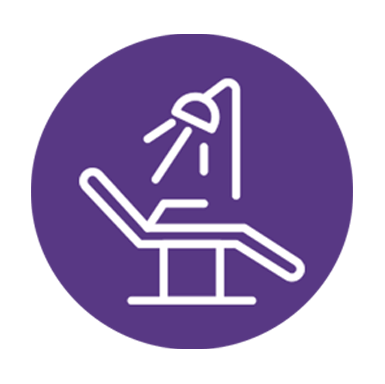
Clinical Treatment

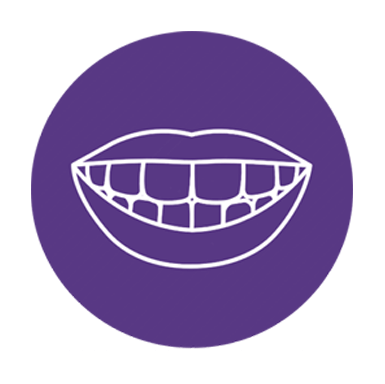
Functional Restorative

